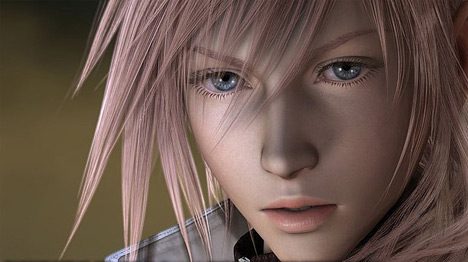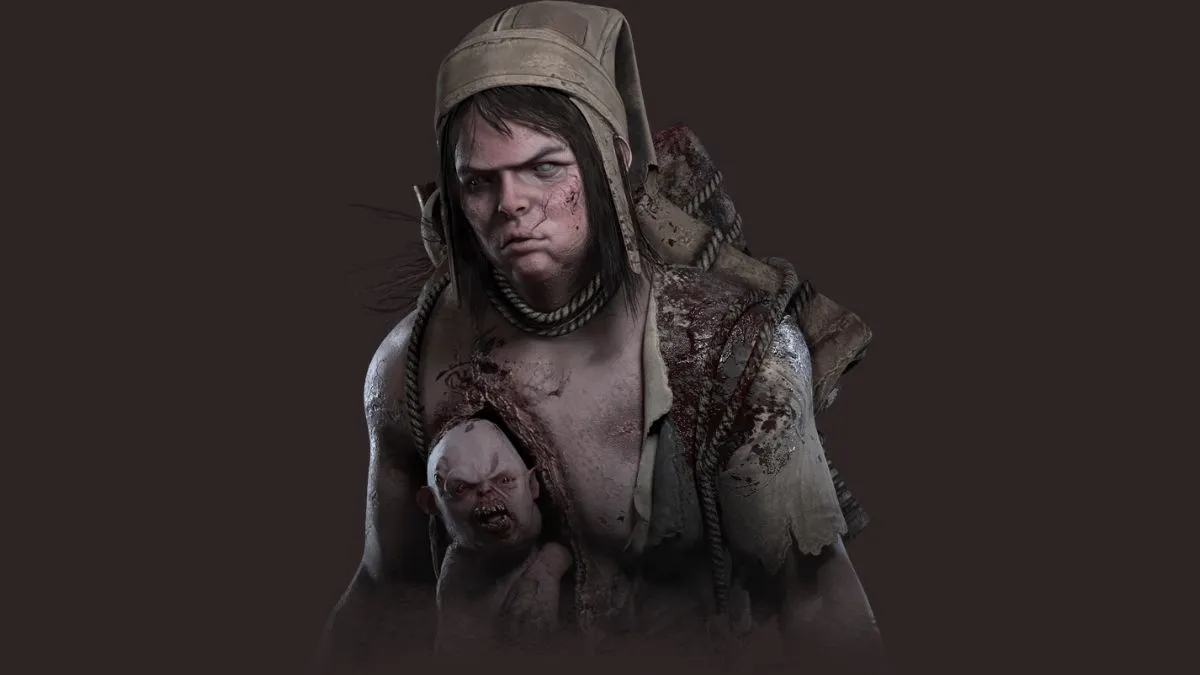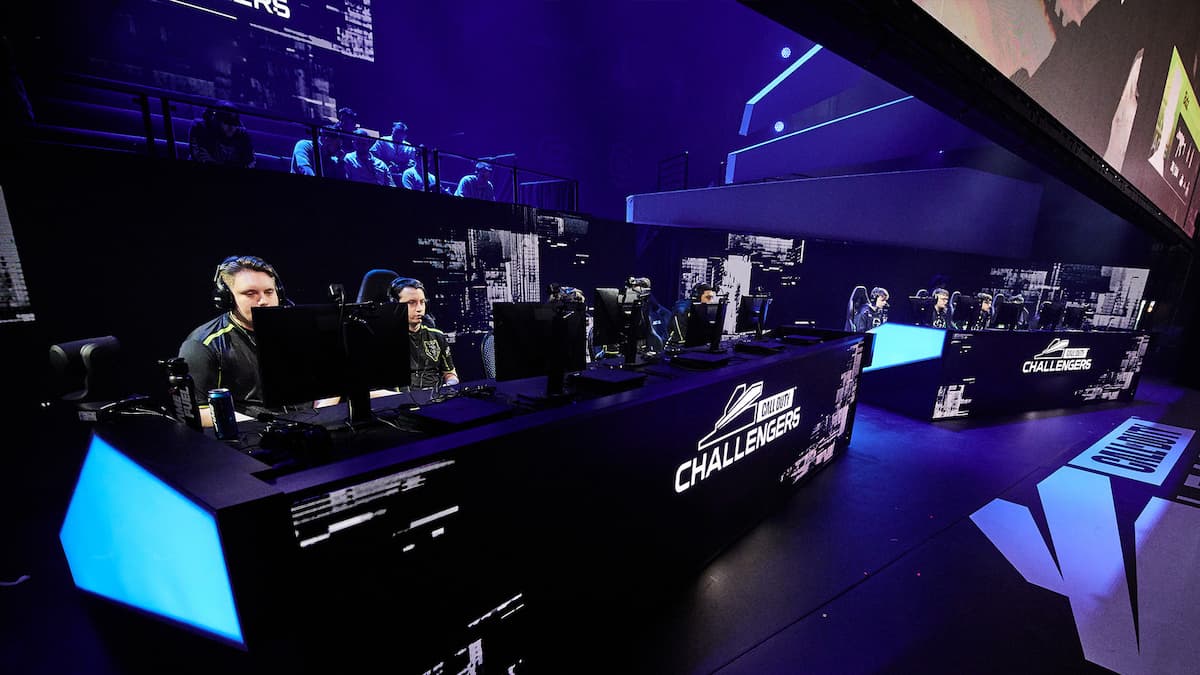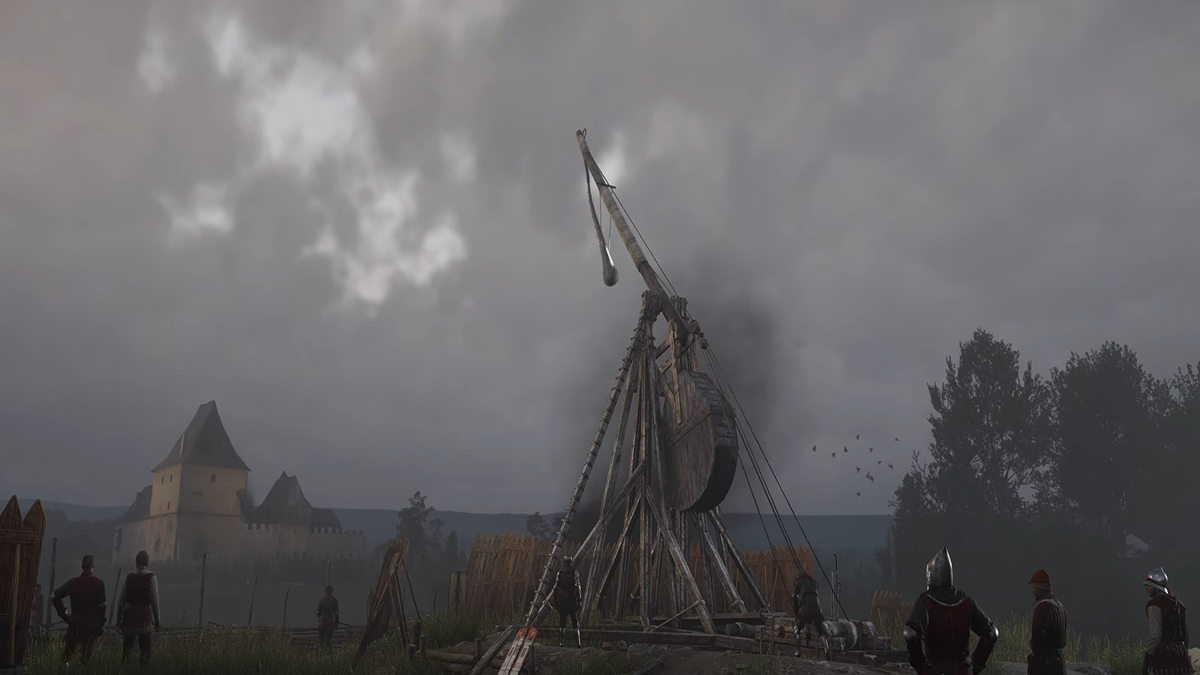Ahh, it feels good to be back.
This past week I’ve had to contend with a number of issues plaguing my PC, ranging from a messed up registry and corrupted drivers to the sudden short-out of my CD drive and the mysterious absence of that helpful little tool we all call a cursor. As you might have noticed, I didn’t get to post anything until yesterday, when I finally managed to sell myself as a personal slave to the highest bidder in order to raise the money to get my comp fixed.
Needless to say, this left me with limited choices. Two choices, to be precise; Entertain myself with old games that didn’t require the use of a properly functioning PC or stare up at my ceiling until I grew prickly white stubble and slowly bored myself into the afterlife. Naturally, I opted for option #1. So essentially, for the past two days I’ve been digging into a collection of old games including Final Fantasy V, Oracle of Ages and Pokémon Crystal.
I have to admit, I’m almost glad my PC took it in the rear (easy enough to say after it’s been fixed, mind you), since I had quite the time with the aforementioned titles. It was only while playing them that the similarities between these kind of games became apparent to me. It also helped inspire me to write this post and discuss with everyone the evolution of RPGs. Or, if you prefer, the lack thereof.
Before we go any further, do keep in mind that I’m mostly talking about console RPGs here. Sure; technically you could say the same for PC RPGs, but for the purpose of this post we’ll be sticking to their Japanese console counterparts.

A little history: Contrary to popular opinion, Dragon Quest wasn’t the first RPG to be developed for consoles. In fact, strangely enough, the first console RPG wasn’t even developed in Japan. It was Advanced Dungeons and Dragons for the Intellivision. According to Wikipedia, there were two Advanced D&D games developed for the Intellivision; Cloudy Mountain and Treasure of Tarmin. So far, there still seems to be some confusion as to which was released first.
Treasure of Tarmin used a first-person perspective and that immediately sets it apart from most console RPGs that were developed after it. In 1986, Enix popularized the CRPG genre further by developing Dragon Quest for the Famicom. The game boomed in Japan, and since then, we’ve seen 7 sequels in the franchise and 12 (main) games so far in the Final Fantasy franchise.
However, even though there have been so many different iterations of these games, the basic formula of a console RPG still remains the same. Considering the turn-based CRPG formula has worked so well for so many years, developers probably see no reason they should mess with it. Turn-based battles, random encounters, grinding to gain levels, traveling through the use of a world map, character development … these features have all remained more or less the same over the last couple of decades.

Some games have tried to deviate a little from the standard formula, though. Chrono Trigger and Chrono Cross were both games that featured multiple endings; a trait that was somewhat rare for RPGs at the time. They were also responsible for the removal of random battles. Do note that Trigger and Cross were developed years apart from each other, so it’s pretty evident things weren’t changing much if both those games were considered “breakthroughs” given their similarities.
Recently, Final Fantasy XII also tried to abandon the typical turn-based ATB battle system in favor of Gambits, and it looks like this has worked magnificently for the game. Now, Dragon Quest IX on the DS is to be an action-RPG, too. Hopefully, developers will take note of this and be more open to experimenting with different gameplay methods in the future.

The only other aspect of RPGs that has changed greatly is the addition of cinematic sequences. This has played a huge role in the development of games in the genre for the past decade to the point where Final Fantasy has become a franchise known for its beautifully choreographed FMVs. Unfortunately, this has nothing to do with gameplay and I have heard people complain about long, drawn-out cutscenes on more than one occasion (Although, personally, I have no issues with them). Blue Dragon, on the other hand, has interactive FMVs, which, admittedly, I haven’t tried before, but they do sound rather interesting.

Another example of a franchise that hasn’t seen much change is Pokémon. Pokémon Gold/Silver/Crystal introduced day and night sequences to the series and Ruby/Sapphire/Emerald introduced bases and beauty contests and a plethora of other features. But again, these were minor changes, and although they did make for great additions, they didn’t change the core gameplay at all. The debut of new Pokémon types and breeds only helped further enhance the familiar routines one performed in the games.
But that’s Pokémon. A franchise people have come to love for its familiarity and light-hearted mood. There isn’t really much room for change. However, other major franchises which do have the potential to bring about a change haven’t done so yet.

I realize several people are going to call me out on this post. Final Fantasy itself has been through a crazy number of iterations, with each game adding and changing enough to warrant a purchase. FFVII used Materia. VIII abandoned the use of equipment and focused on GFs. IX took the series back to its roots. XI was an MMO. But the point I’m trying to make is, there’s so much more potential these games have. More than enough room for change and experimentation, to explore different kinds of gameplay methods.
In retrospect, Western role-playing games (PC and console, both) have been subjected to several changes over the years. While there may be a Diablo or Dungeons & Dragons beneath the exterior of every Western RPG, games like System Shock (a fine mix of FPS/RPG elements) and The Elder Scrolls have done a good job of evolving and changing over time. Could this be due to the fact that Western role-playing games are often a mix of genres? I sincerely hope we’ll see a similar trend with Eastern RPGs soon, though I’m not sure it’s possible.




